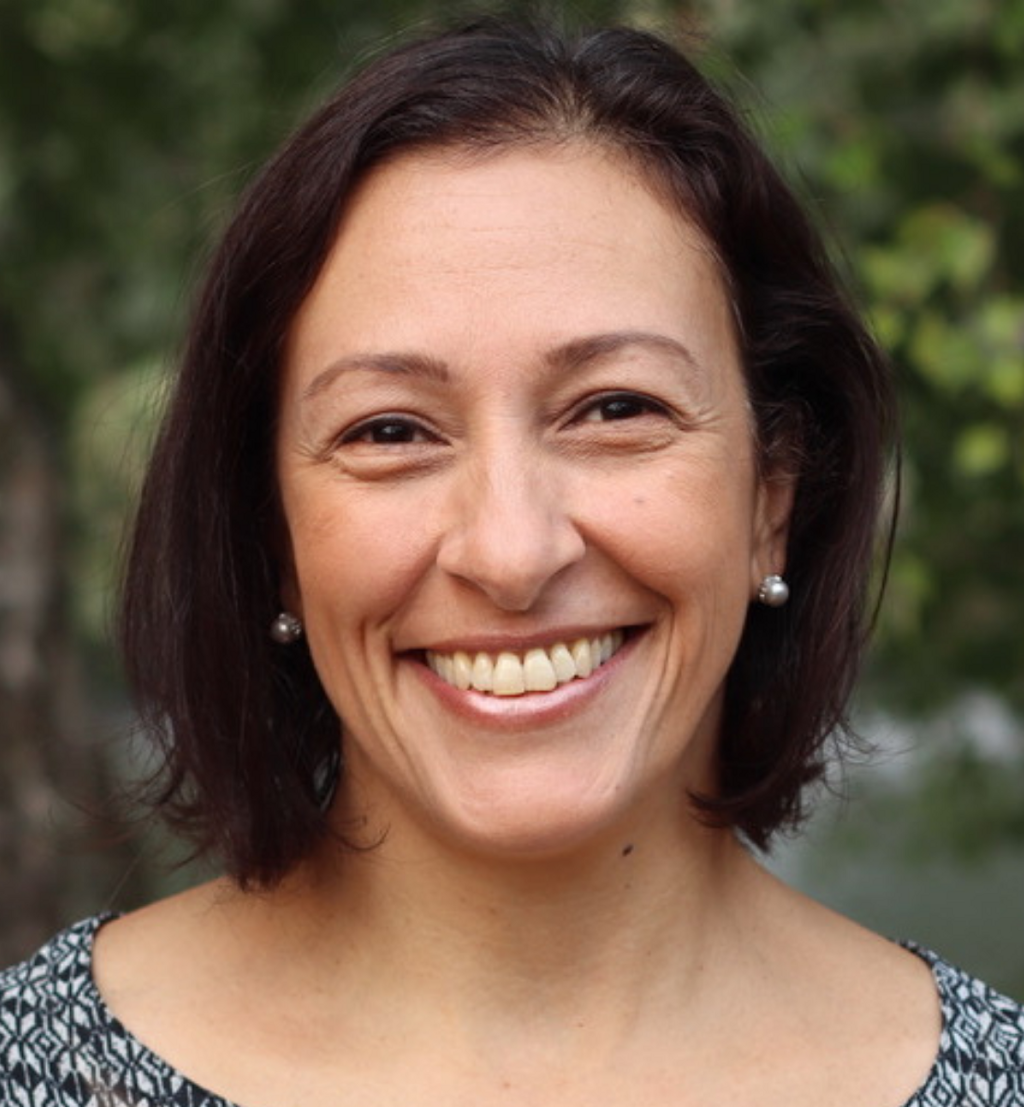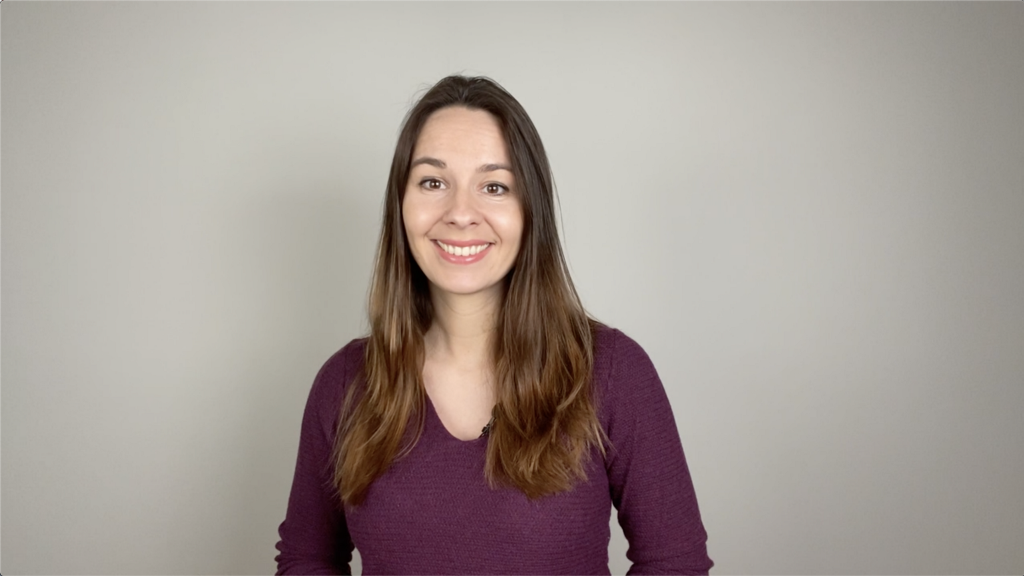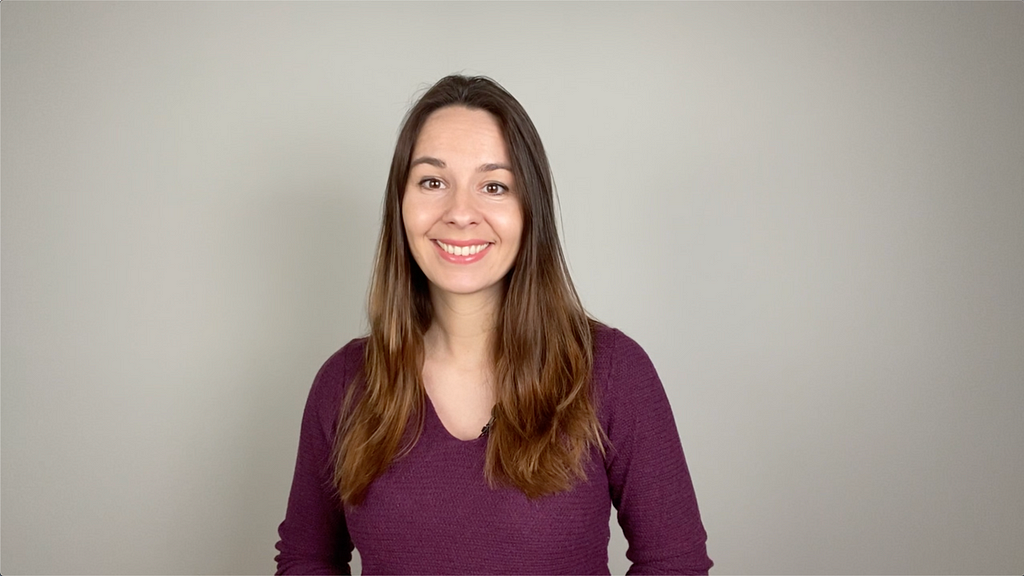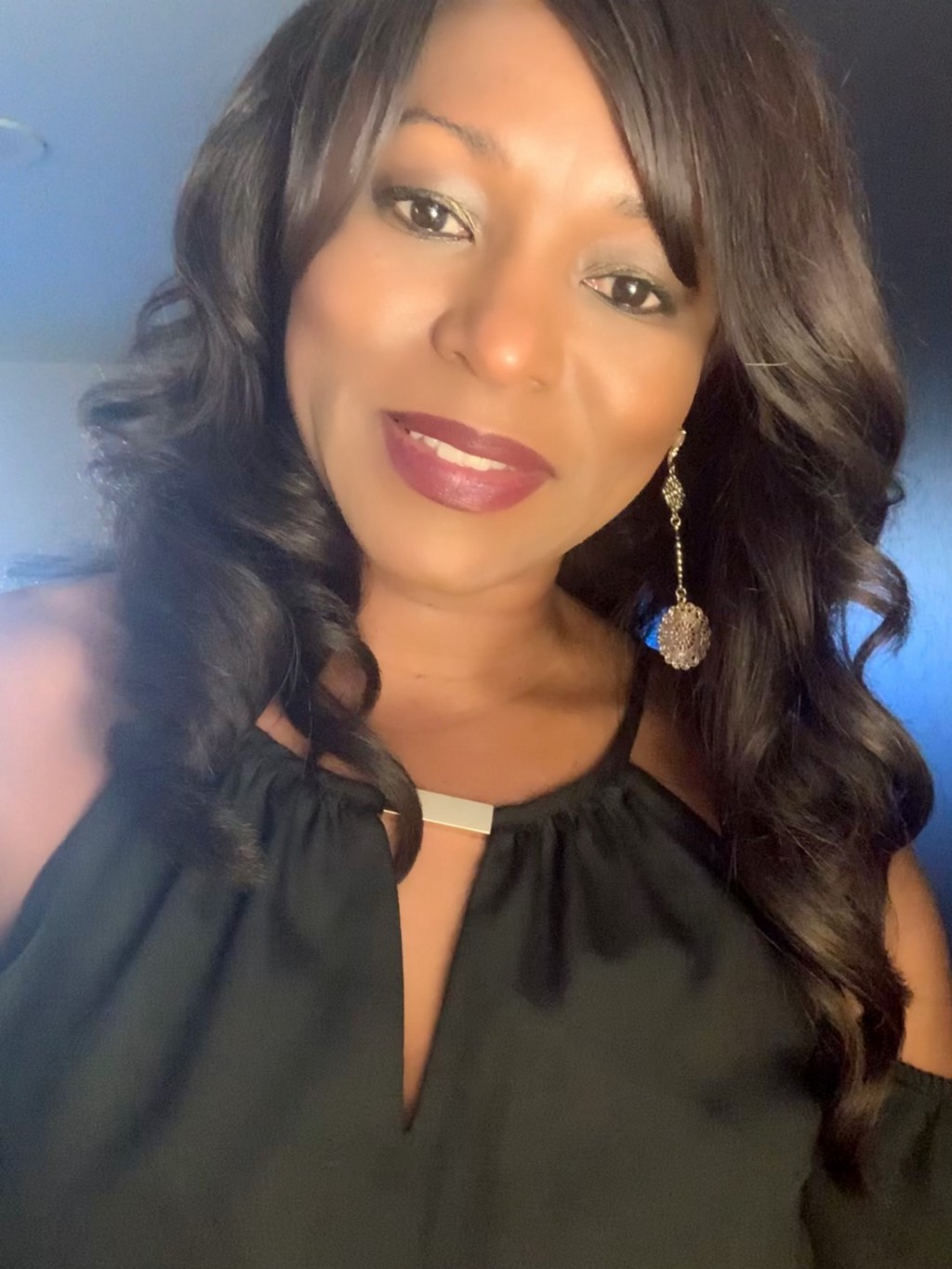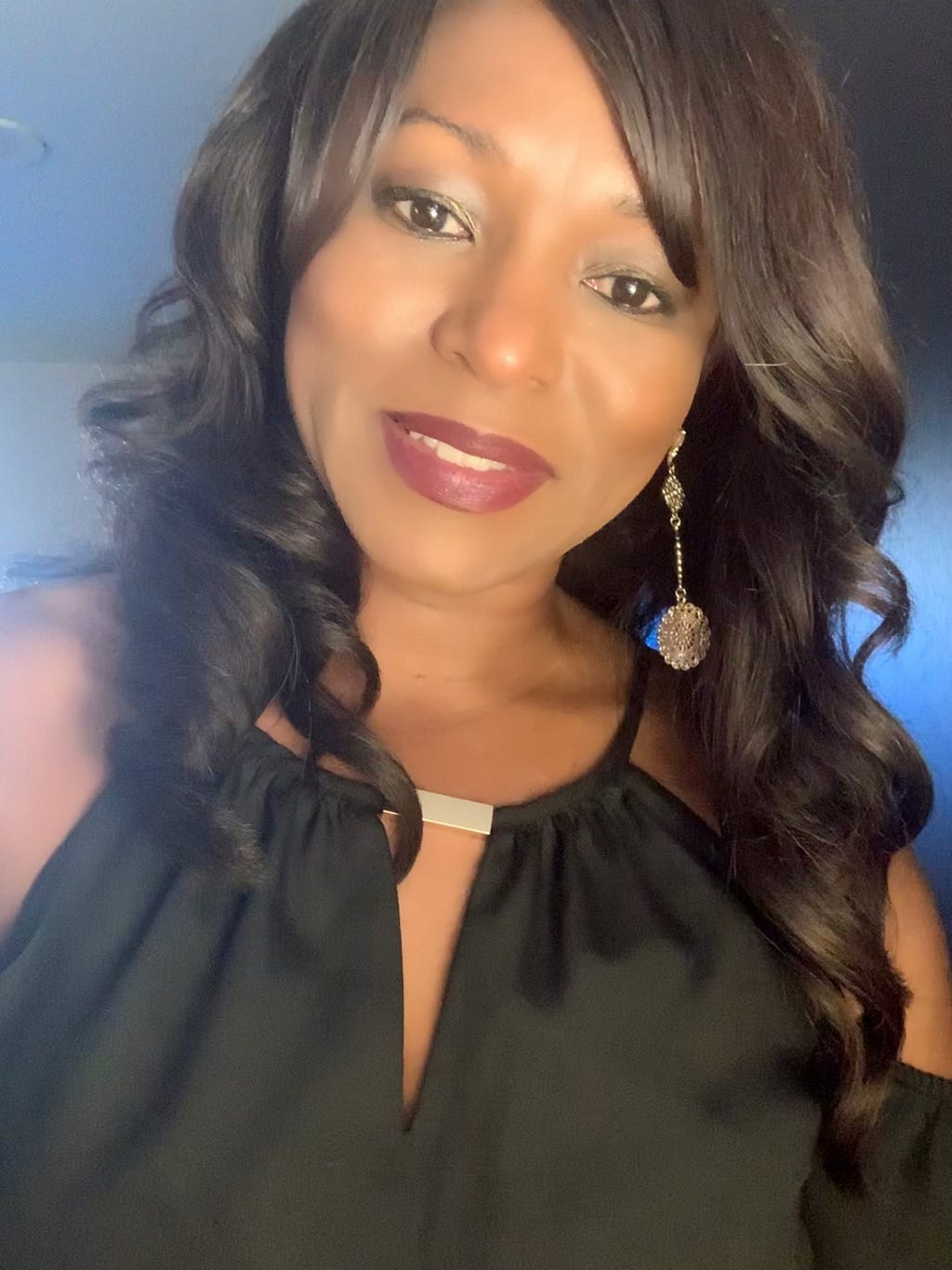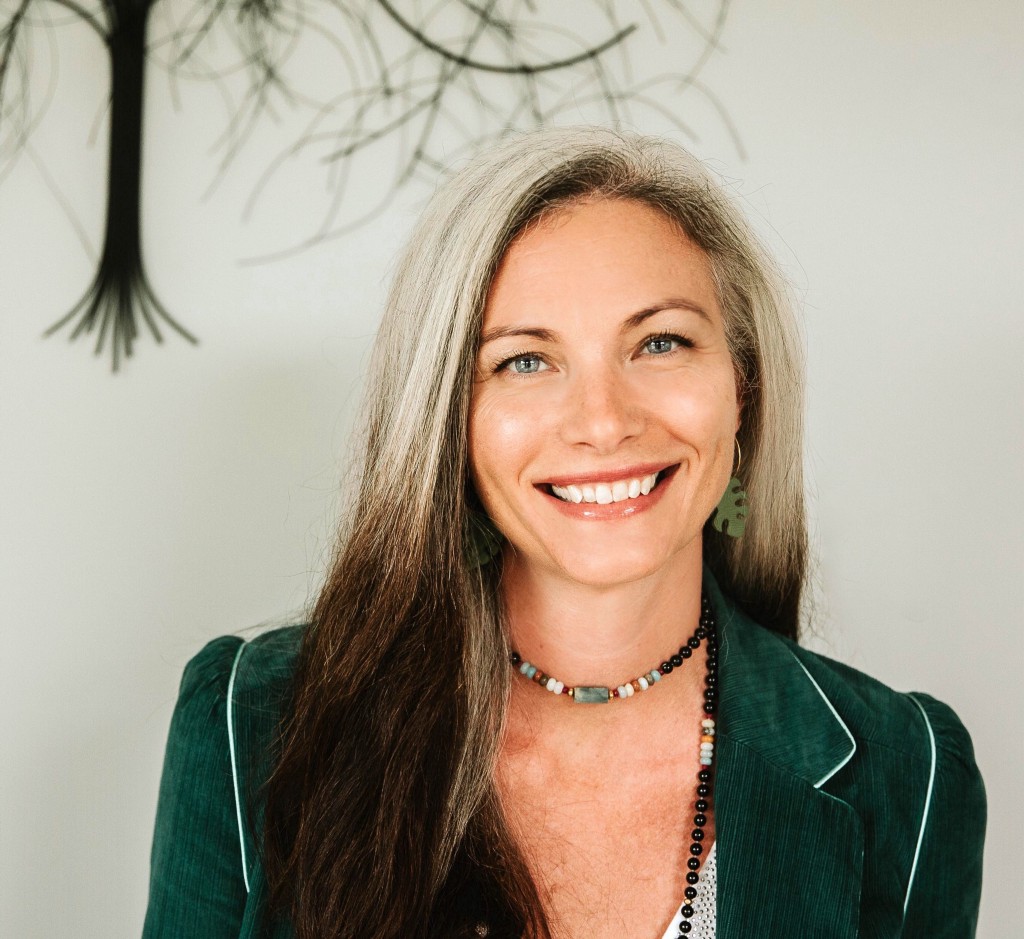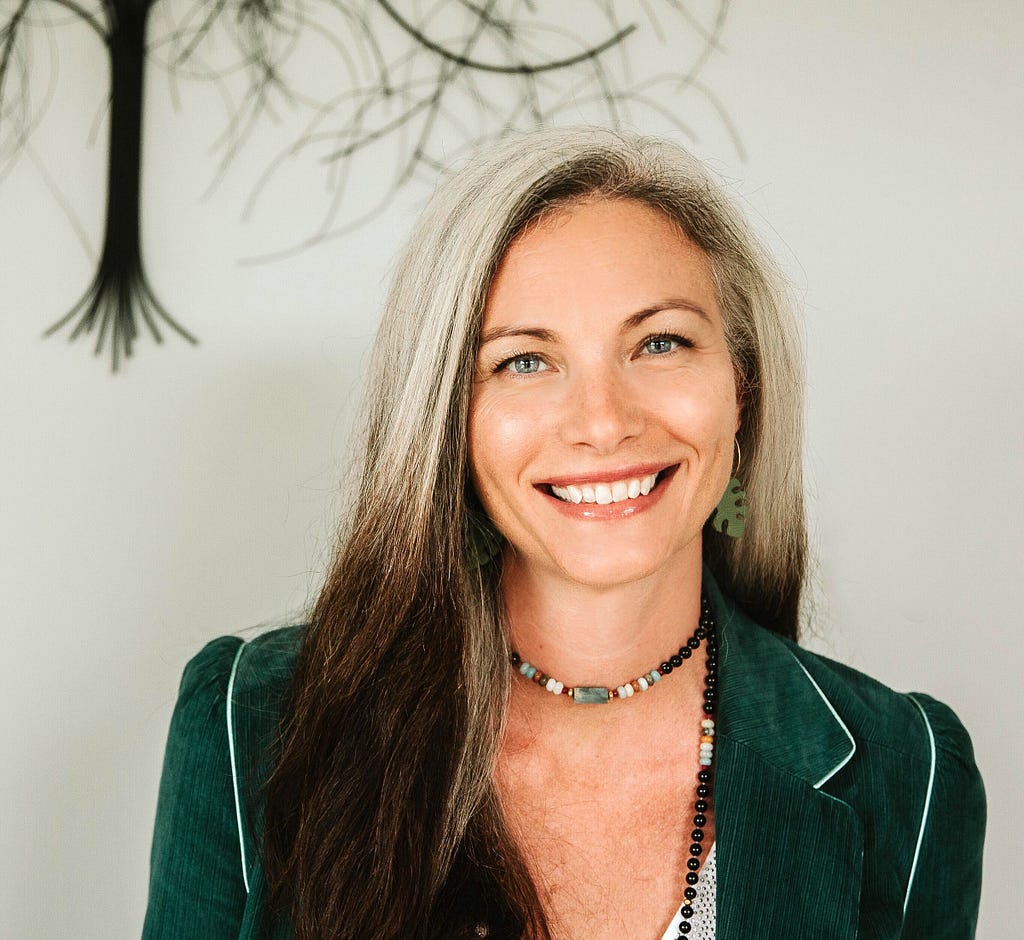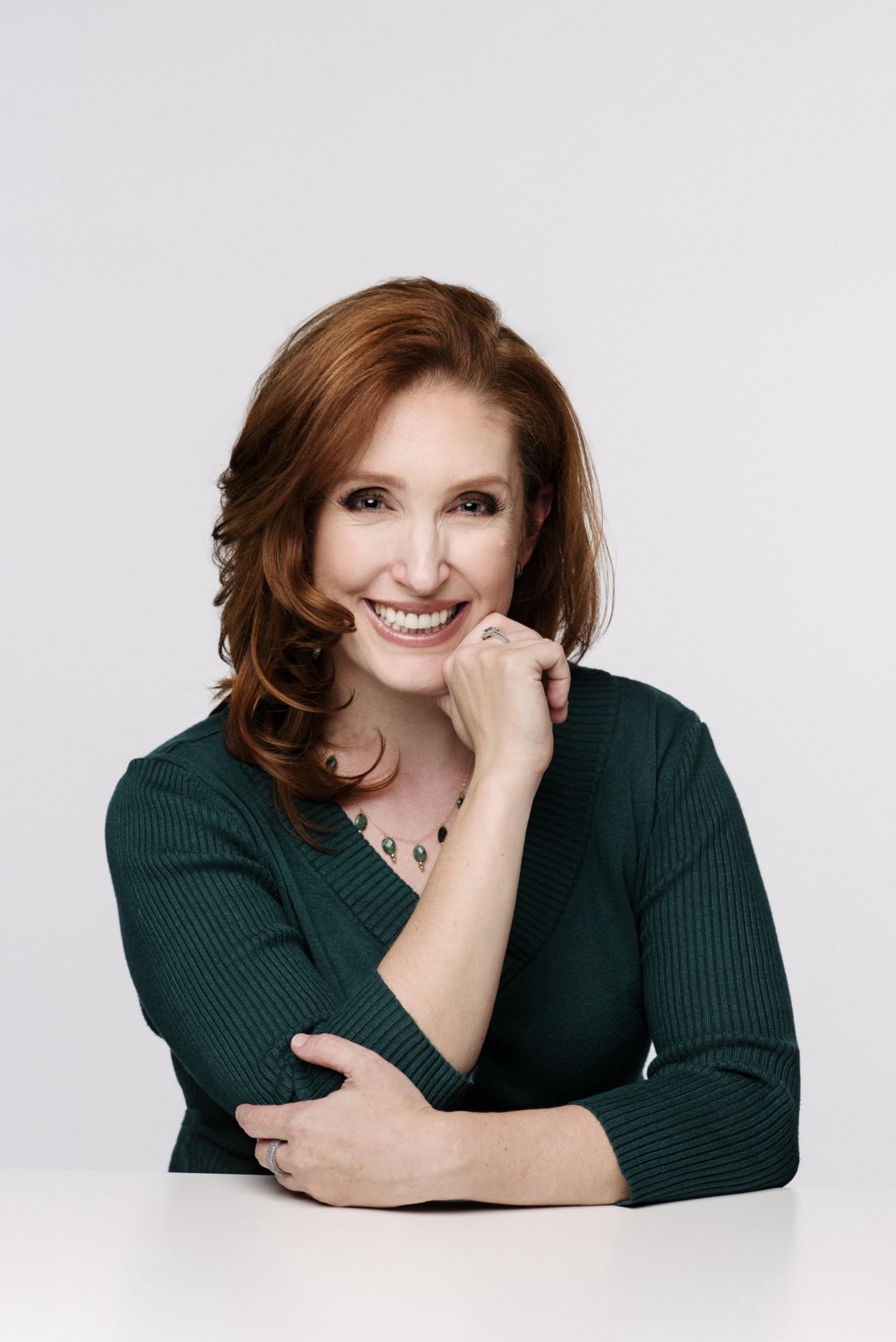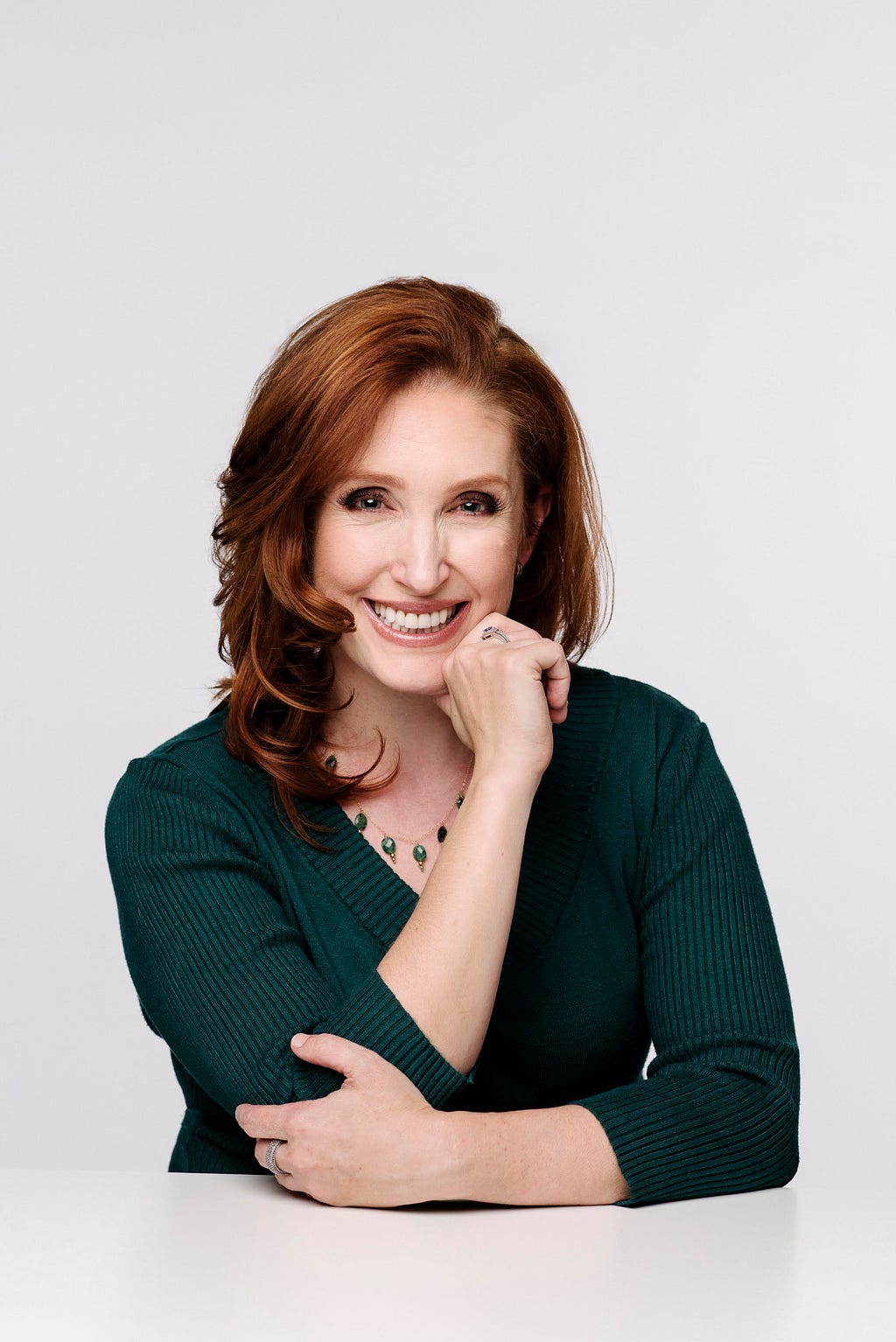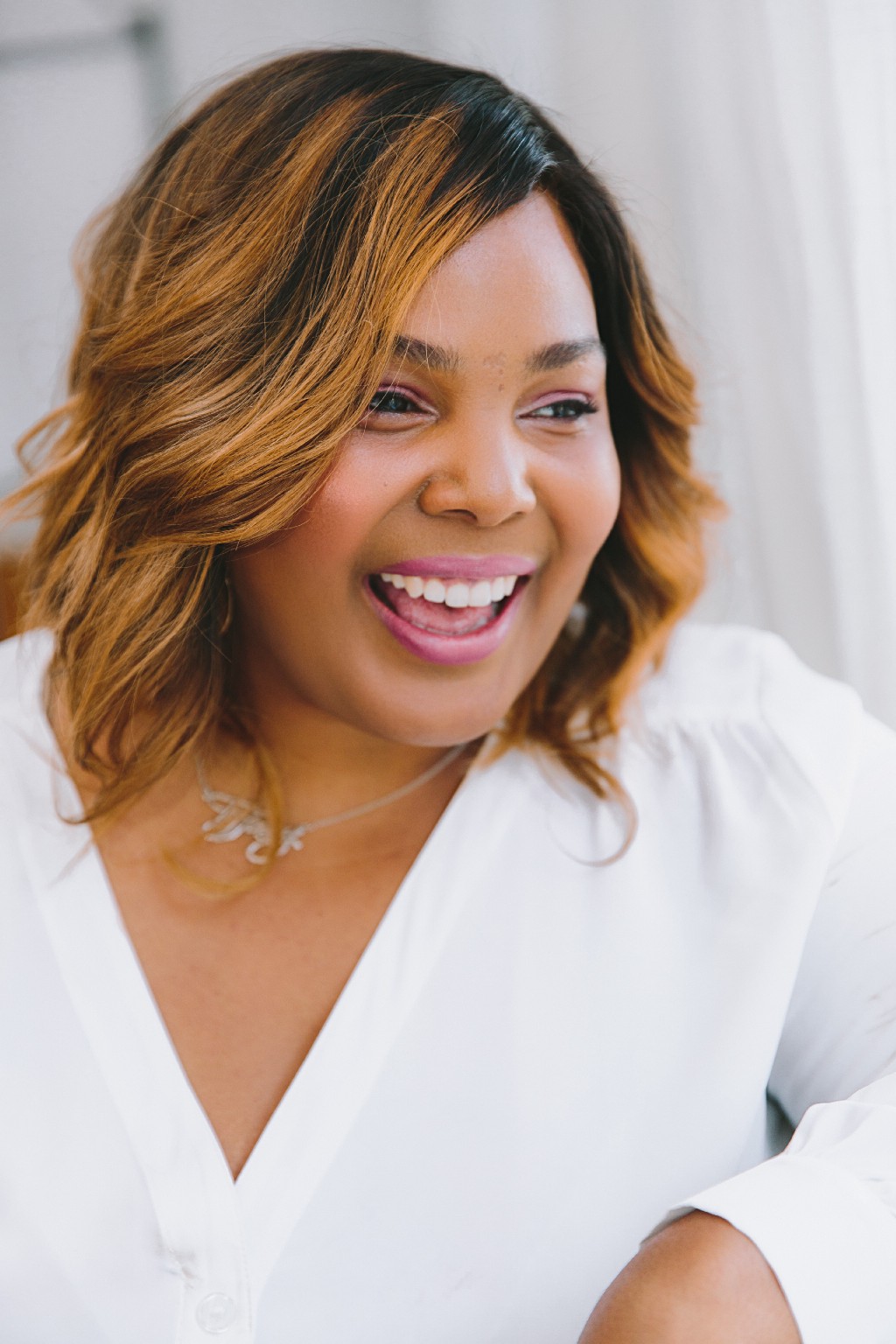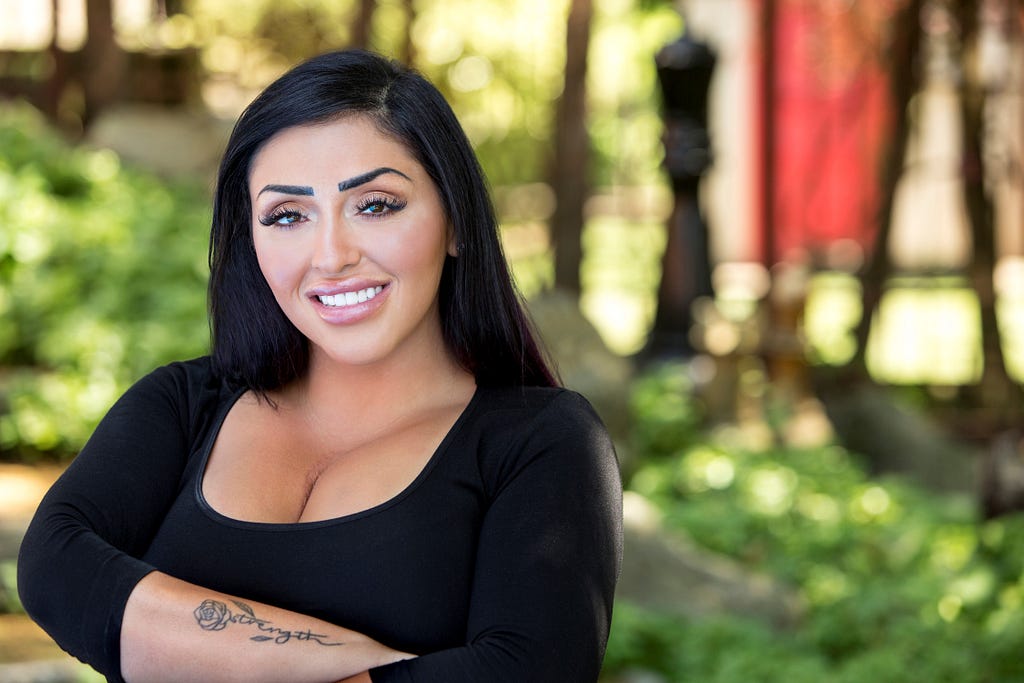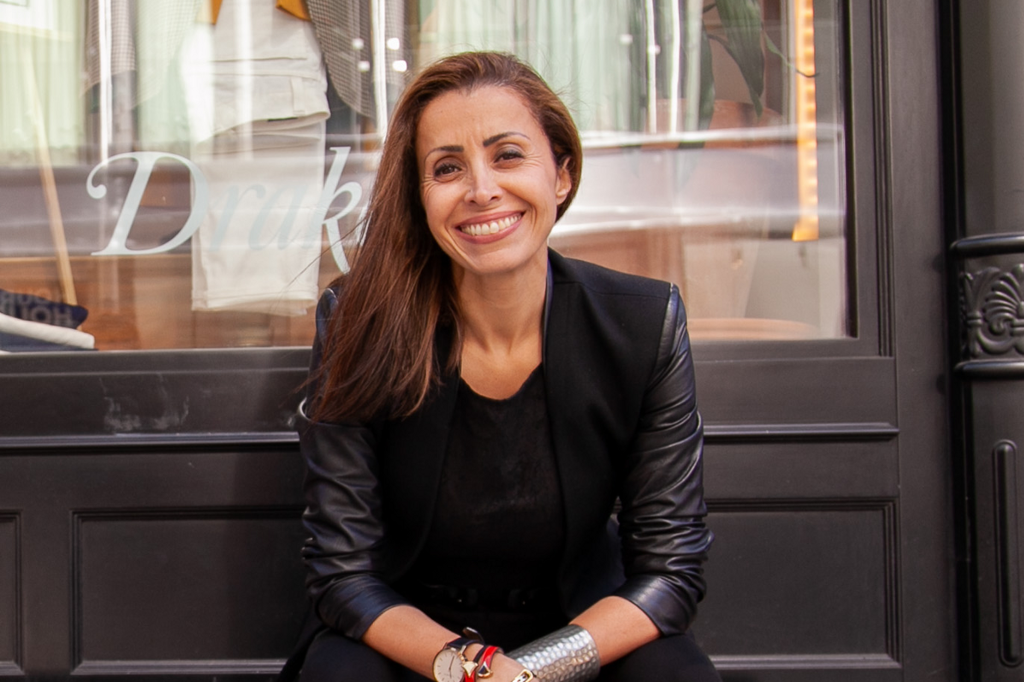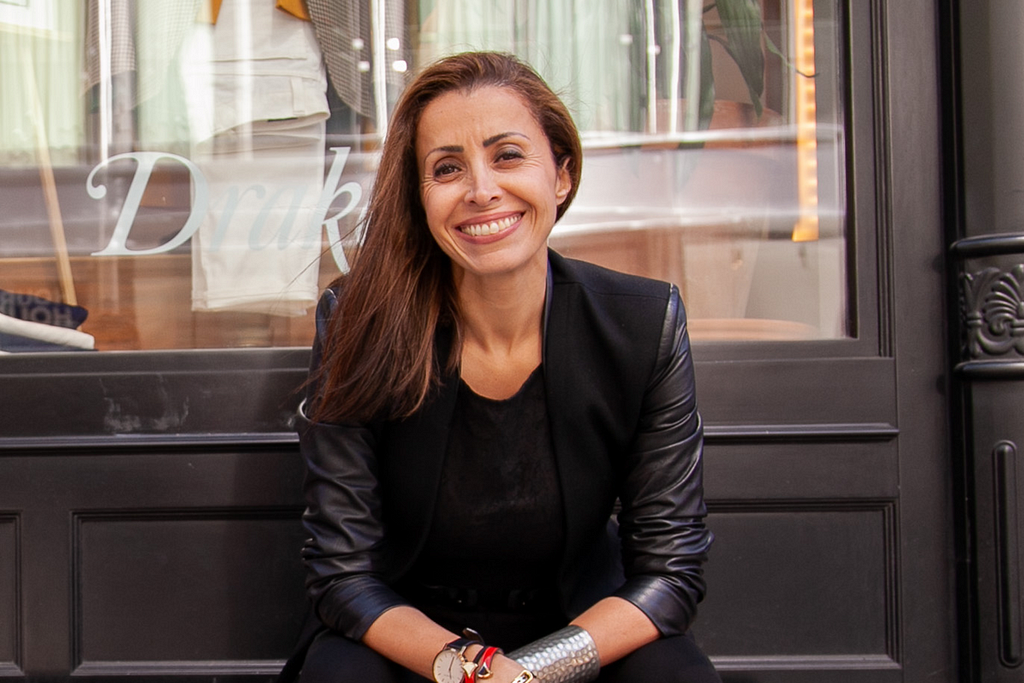Inspirational Women in STEM and Tech: Nika Kabiri of YourNextDecision On The 5 Leadership Lessons She Learned From Her Experience
An Interview With Candice Georgiadis
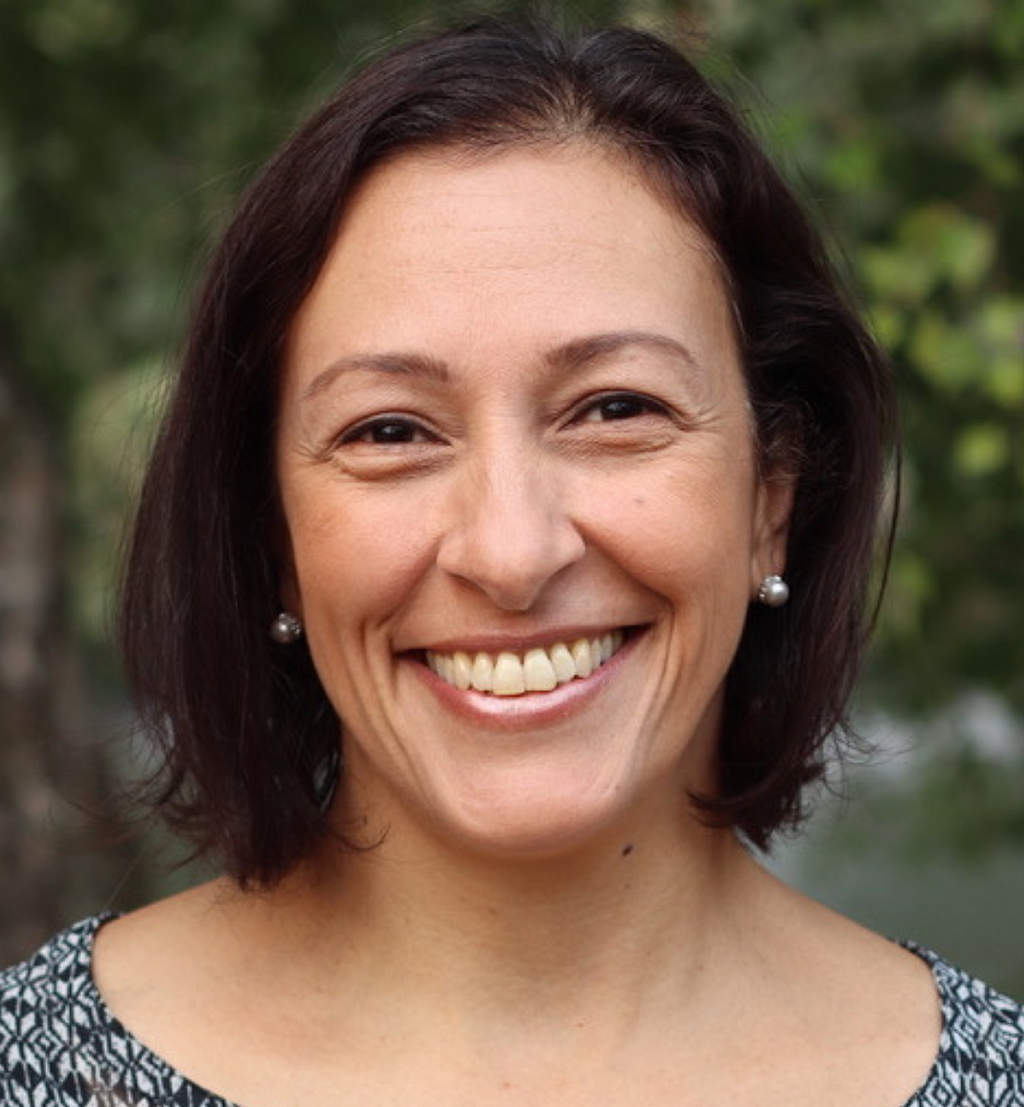
Don’t put up with anything you don’t have to put up with. If you see that something isn’t working, fix it. If someone is underperforming, address it. If there’s toxicity in the workplace, tackle it. Don’t let people who bring the team down continue bringing the team down for a second longer than you’re aware of it.
As a part of my series about “Lessons From Inspirational Women in STEM and Tech”, I had the pleasure of interviewing Nika Kabiri of YourNextDecision.
Nika has spent 20+ years studying how people make decisions in a variety of contexts. She has spent 10+ years working with businesses of all sizes, across all industry categories, helping them drive strategic growth. Her clients have included Amazon, Microsoft, Sony, Oakley, PepsiCo, General Mills, Anheuser-Busch InBev, the Seattle Seahawks, VMware, Zillow, Expedia, Smartsheet, and the Sierra Club, just to name a few. She has also served as an Advisor at Madrona Venture Labs, where she’s helped startups get their footing.
Nika is currently a faculty member at the University of Washington, where she teaches graduate and undergraduate courses on Decision Science. She has a PhD in Sociology from the University of Washington, where her academic focus was on choice theory and decision-making within constraints. She also has a JD from the University of Texas.
Nika is a contributor to The Hill, Inside Sources, Huffington Post and Seattle Business Magazine. She has been featured in Yahoo News and as a top 10 coach in LA Weekly. She’s been interviewed by Voice of America, Forbes, and MarketWatch, and she’s a regular podcast, radio, and TV guest. Her bestselling book Money Off the Table: Decision Science and the Secret to Smarter Investing is available on Amazon.
Thank you so much for doing this with us! Can you tell us a story about what brought you to this specific career path?
My career path was far from planned! My interest and background have been in sociology, in the study of human and social behavior. I always wanted to know why the world was the way it was, why people did the things they did — what made it all tick. I was never interested in technology. I was the last person I knew to get a smartphone, the last person to get rid of their CD player.
But after graduating with a Ph.D. in Sociology with a concentration in Choice Theory, I needed to sort out a career. Though I never planned to go into business, studying consumer behavior was a natural fit, so that’s what I did and, living in Seattle, it didn’t take long before I was immersed in the tech space and started working with clients like Microsoft, Amazon, Zillow, Expedia, Madrona Venture Labs, and other smaller tech startups.
After working on both the agency-side as well as the client-side for a decade, I reached a point where I realized that my work environment wasn’t allowing me to flourish the way I wanted to. So, I started my own consulting company, and I took things to the next level. Now, in addition to doing research projects that explore consumer behavior, I leverage academic research on decision-making to help my clients more effectively influence consumer behavior and make better decisions within their organization.
I’ve even expanded my services into the B2C space, launching a website called yournextdecision.com to help people make better decisions in their everyday lives. I have an advice column on the website, and I also write letters to my subscribers and offer personal consulting services. My clients come to me for career advice, relationship advice, and everything in between and beyond that you can think of. Plus, my second book on decision-making will be out in the next few months.
These days, my work is all about decision science, and I love it. I’m fortunate!
Can you share the most interesting story that happened to you since you began at your company?
A sports radio host who saw one of my posts on Twitter asked me to come on his show to talk about why star athletes who have everything going for them risk it all by engaging in sexual improprieties that could end their careers. The issue specifically was centered around a football player. He wanted to hear what a decision scientist thought, and he wanted to listen to it on live radio.
I don’t follow sports. I know little about football and am the last person who should be on sports radio, but the interview was a blast, and it went so well that the host now calls me a “friend of the show” and has had me on two more times, once to talk about Naomi Osaka and once more to talk about Simone Biles.
I’ve done other radio interviews, TV, etc. but sports? That’s one for the books!
Can you share a story about the funniest mistake you made when you were first starting? Can you tell us what lesson you learned from that?
In all honesty, I’m not sure any of my mistakes are funny, but one decision I could have made better involved hiring my first accountant. First of all, I waited too long to do it. I thought I could manage my accounting and my taxes. Maybe other people can, but I should have known myself better! By the time I got to looking for an accountant, I was rushed due to a tax filing deadline, so, rather than do the research I needed to do, interview a few people, and think it through, I asked a friend for a referral and just hired that person on the spot.
Months later, I was more confused about my tax situation than before. I didn’t get clear answers from my accountant and couldn’t quite understand her explanations for things she was doing. She used fancy accounting words that I didn’t understand, and quite frankly, I never wanted to learn, talked about this tax code and that tax code, and I was lost! So I took the time to look around for someone else. I interviewed some people and finally settled on the accountant I’m working with now.
You’d think a decision scientist would have done a better job at deciding who to hire. Go figure. It was a great lesson in paying attention not just to what the right decision is but when that decision needs to be made. It also taught me that it’s not enough that someone is good at what they do. They need to be good at communicating with you and assuring you that things are under control.
What do you think makes your company stand out? Can you share a story?
My company is unique in two ways. First, it focuses on decision-making, so it homes in on how people choose to buy, choose to lead, decide to make the many decisions that are involved in growing a business. In my opinion, everything that happens comes down to some decision or set of decisions, somewhere, at some point in time. If a person can understand decision-making, they can then understand a lot of things in life.
Second, my company is unique because I use my knowledge from academic research to advise my clients. I’ll read research studies in academic journals and apply those insights to my clients’ situations, whether they are business clients or personal clients.
For example, one of my first clients was a B2B startup that was just getting off the ground but was struggling because, while potential customers seemed interested in their service, no one was actually buying it. I combed through the academic literature on choice deferral, status quo bias, inaction inertia, etc., basically, why people decide not to choose, or why they put off choosing. I wrote a report with recommendations straight from the study of behavioral science, designed to increase their chances of making the sale.
I could have scoped out a project where I did research talking to their prospective clients and trying to get them to open up about why they weren’t buying, but I knew that would have been too costly for my client. It would have also been too time-consuming, and thirdly, I probably wasn’t going to get a straight answer anyway.
Sometimes the “usual” way of getting answers isn’t the best!
Are you working on any exciting new projects now? How do you think that will help people?
My big project right now is my second book, which I am incredibly excited about. It is a guide for making good decisions in everyday life. I believe the advice in my book will help people because it helped me. In my 20s, I suffered from depression, panic attacks and, suicidal ideations. It was through the study of social science and decision making and applying what I learned in school to my everyday life that I was able to pull out of that dark place and become the pretty happy person I am today, successful in her career, content in her relationships, and comfortable in her skin.
Better decisions can make a better life and a better world. I genuinely believe that. By sharing what I know about how to make better decisions in my book, I hope that others will benefit from the knowledge that helped me, whether their decision involves which car to buy or if they need help out of depression. And the knowledge I share comes from scientific research, so it’s much more useful than just my personal opinion.
Ok super. Thank you for all that. Let’s now shift to the main focus of our interview. Are you currently satisfied with the status quo regarding women in STEM? What specific changes do you think are needed to change the status quo?
I am not satisfied with the status of women anywhere. I admit that we’ve come a long way. I remember interning for the Texas Council on Family Violence back in the early 1990s when Texas law had just changed to make it a crime to rape your wife. I appreciate that things are a lot different now, but equality is the goal, and we aren’t there yet.
I think what holds us back is lazy thinking on the part of those who hold most of the power. By lazy thinking, I mean the tendency to take mental shortcuts when drawing conclusions about women, such as a woman’s capabilities in STEM. Rather than seeing each woman as an independent person and evaluating her on her objective merits, it’s “more efficient” to jump to conclusions based on limited information. It is, in fact what the human brain does well: work efficiently and jump to conclusions quickly. I think more people need to slow down and think about the people that they interact with, and ask questions like , “What is this person about? How does this person think, work, and engage? What can I learn from this person?” The shortcut is to think, “She’s a woman, and women [fill in the blanks with the first thing that comes to mind].” That’s lazy. We deserve better than lazy.
In your opinion, what are the biggest challenges faced by women in STEM or Tech that aren’t typically faced by their male counterparts? What would you suggest to address this?
These days, people are aware that bias is socially frowned upon. They get that bias is terrible and holds the entire human population back. So those who carry biases against women try really hard not to showcase those biases, and by doing so, they carry an expectation of immunity from being called out for bias.
They do the right thing, but they don’t internalize the right thing. There’s a superficiality to it.
As a woman, I recognize this, and I suspect I’m not alone. There have been situations in which I’ve had to walk an interesting tightrope: context cues tell me I’m being perceived differently by men in the workplace, but then those same men go out of their way to “talk the talk” of equality. This makes it hard to prove unequal treatment, and that’s a challenge.
I don’t think men have to worry about this dissonance in how they experience the workplace — on the one hand, being “treated” as an equal through somewhat superficial mechanisms, while on the other hand, being treated unequally. It can be a confusing experience, a difficult thing to navigate. I’ve often felt like I never really know how I’m being perceived. There’s an uncertainty in where I stand relative to the men I’ve worked with, and that uncertainty sometimes feels more degrading than being told I’m less than. Tell me you don’t respect me because I’m a woman, and at least I’ll know what to do about it. I can leave and find a place where I belong. But pretend you respect me, and I feel more lost about what to do.
What are the “myths” that you would like to dispel about being a woman in STEM or Tech? Can you explain what you mean?
One myth is that women aren’t interested in STEM. There’s no psychological or biological reason why members of the female gender would, because of their gender, not find STEM appealing. The way you think through problems, tackle challenges, and get to build and develop, these intellectual exercises and achievements are universally human. Statements like “Women don’t want to do math” are dumb, to put it simply. Women love solving problems just as much as their male counterparts. They like to stretch their brains and use critical thinking. STEM scratches an itch for many, many women.
What are your “5 Leadership Lessons I Learned From My Experience as a Woman in STEM or Tech” and why? (Please share a story or example for each.)
- The most valuable gift you can give is time. We often feel rushed, and we underestimate how much time others may need from us. Prioritize your team by making time for them.
- Embrace imposter syndrome; it’s your friend. If you feel like an imposter, it’s because you’re stretching outside of your comfort zone and not being overconfident about your capabilities. Both are good things, so feel the discomfort, but see it for what it is: a part of the learning curve.
- Take your time with big decisions. We often have more time to make significant career moves than we think we do, so don’t feel rushed if you don’t have to be.
- Don’t let inertia sweep you in its current. We tend to do things we’ve already been doing by default. Stop occasionally and ask: What if I did this differently? Exercise those muscles that open you up to possibilities.
- Don’t put up with anything you don’t have to put up with. If you see that something isn’t working, fix it. If someone is underperforming, address it. If there’s toxicity in the workplace, tackle it. Don’t let people who bring the team down continue bringing the team down for a second longer than you’re aware of it.
What advice would you give to other women leaders to help their team to thrive?
Back each other up. My generation (Gen X) grew professionally during periods where other women in the workplace were perceived as threats, when there wasn’t room for all of us to succeed because there were only a few spots women were allowed to hold. I once had a boss who criticized me for trying to “steal her thunder” when all I was trying to do was a good job for her. That crushed me, and taught me to be timid when I should have been encouraged to be brave.
We have to support each other. Push one another to grow. Call out one another’s accomplishments. Be comfortable when other women excel. Not at the expense of anyone else, not to deny opportunities to others who aren’t women or aren’t like you, but to support everyone, including women, no matter who they are. And especially those who don’t have a lot of support already.
What advice would you give to other women leaders about the best way to manage a large team?
Organization is everything. You think you can manage more effectively by focusing on culture or morale, which is more obvious and even fun. But the larger the team, the more it needs a hierarchical structure to function effectively. This is basic sociology. Smaller groups can share resources and share the output of the work pretty easily. There’s only a few of you, so it’s not that hard to chip in when it’s needed, to do what it takes. But when a group gets larger, communication across that group about what to do, or who’s responsible for which task, becomes more challenging. The larger the team, the harder it gets. Clear roles and a clear hierarchy that lays out responsibilities and accountability are super important. I’ve seen too many managers of larger teams believe that hierarchy is oppressive and that it crushes creativity and innovation. But the opposite actually happens: the more egalitarian the structure of large teams, the more uncertainty there is, which breeds anxiety, making it hard for anyone to be productive or to thrive professionally.
None of us are able to achieve success without some help along the way. Is there a particular person who you are grateful towards who helped get you to where you are? Can you share a story about that?
My first job out of graduate school was challenging because I worked at a company that offered no training, no onboarding, and no guidance. I was thrown right in and expected to succeed as a junior analyst while being on conference calls with a C-level executives at companies like PepsiCo. It was stressful and frightening. I was told I was failing at every turn, yet no one stopped to show me what success looked like or how to achieve it.
Except for one woman at the company, a Senior VP, who I was lucky enough to be assigned to a project with. Despite her seniority and her hefty responsibilities, she took time with me. She slowed down her day, carved out some hours, and trained me on how to do good work on our project. I’d complete some work for her, and she’d spend more time with me, slowing things down to explain what I did well, what I needed to do better, and why. I ended up excelling on that project, and what I learned allowed me to go from an employee who was clueless to one who, months later, was single-handedly managing entire projects for General Mills. If it weren’t for her, I seriously wouldn’t be where I am today in my career.
She taught me that no matter who you are or what you’re doing, it’s always essential to make time for your team. If you’ve hired someone to work for you, take the time to train them. If someone on your team needs to talk it out, make the time to talk it out.
Time is the most precious gift. It’s the gift that gives back tenfold.
How have you used your success to bring goodness to the world?
I make it a point to find time to talk to people who reach out to me for career advice, even if I don’t know them. It’s tough out there, and it’s hard to build a business or a career. Many people are doing it without much experience or guidance. Not everyone has parents who can help or mentors to turn to. If someone out there feels lost and alone, I like to help them.
You are a person of enormous influence. If you could inspire a movement that would bring the most amount of good to the most amount of people, what would that be? You never know what your idea can trigger. 🙂
I know I’ve beat this drum already, but I’ll keep beating it: better decisions will lead to better lives, better societies, better futures for all of us. We simply need to be making better choices, and that will only happen if we understand how our choices go wrong, specifically, how our mental biases and social environments cause them to go wrong.
If I could inspire a movement, it would start small, and it would begin in grade school, as children grow to make their own choices. The objective would be to incorporate courses on decision science in every classroom, throughout grade school, to high school, and even in college, so that the study of decision making becomes part of our educational system.
Beyond that, any way in which the study of decision-making can become an everyday thing is better, given how our decisions are such a crucial part of the way our lives unfold.
Can you please give us your favorite “Life Lesson Quote”? Can you share how that was relevant to you in your life?
“Never do anything you’ll regret, and never regret anything you do.” My college advisor told me that once, and I’ll never forget it. To me, it means that you should make your choices thoughtfully, carefully, and seriously, so you don’t regret your choices later. But, with that being said, you can’t predict how things will turn out, and sometimes, no matter how badly you want to make great decisions, you just don’t. When that happens, you have to cut yourself some slack. Learn from it. Grow. Turn it into a life lesson. But see it as a regretful mistake? Never!
We are very blessed that very prominent leaders read this column. Is there a person in the world or in the US with whom you would love to have a private breakfast or lunch, and why? He or she might just see this if we tag them 🙂
I doubt Joe Biden would ever find time to sit down with me, but I would love to learn from him what it’s like to make decisions during this unprecedented time in our history. The stakes are incredibly high. So much is going on, and has been going wrong. And he’s been criticized for making some hefty mistakes. How is he managing? What’s his process? How does he push forward, and how does he make sure that he minimizes his mistakes? I don’t envy his job right now, but how he thinks about what choices to make, that would be fascinating to learn!
I suppose talking with Barack Obama wouldn’t be so bad either!
Thank you for these fantastic insights. We greatly appreciate the time you spent on this.
Inspirational Women in STEM and Tech: Nika Kabiri of YourNextDecision On The 5 Leadership Lessons… was originally published in Authority Magazine on Medium, where people are continuing the conversation by highlighting and responding to this story.

